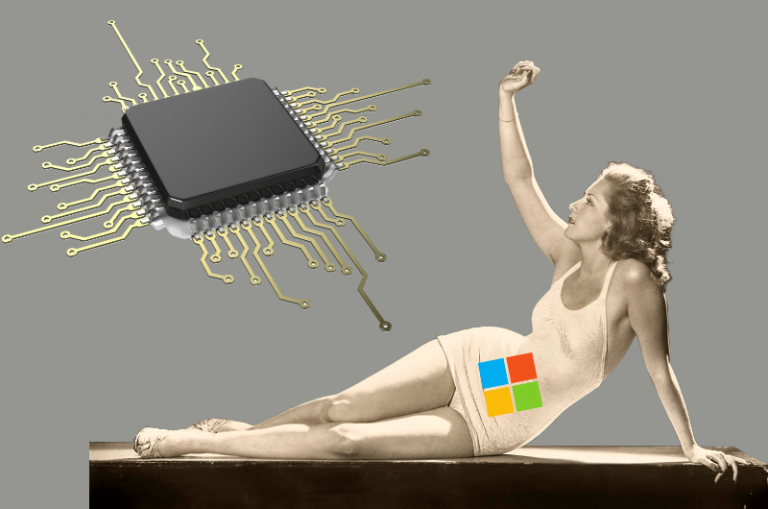
Remote-controlled contraceptive microchip could launch by 2018
Developed by researchers at MIT, the ‘digital pill’ implant could revolutionise birth control, allowing women to switch hormones on and off at the touch of a button
Fighting over the remote control could soon end up in more than just a channel-hopping battle, if researchers at MIT have their way. In the Bill Gates-funded quest for the next form of contraception, a Massachusetts startup has come up with a small remote-controlled chip, like a digital wifi version of the pill, that will allow women to switch their fertility on and off at the touch of a button.
The chip is implanted under the skin and releases small doses of the contraceptive hormone levonorgestrel on a daily basis, with enough capacity to last 16 years. About the same size as a Scrabble tile, it houses a series of micro-reservoirs covered by an ultra-thin titanium and platinum seal. The hormone is released by passing a small electric current from an internal battery through the seal, which melts it temporarily, allowing a 30 microgram dose of levonorgestrel to seep out each day. And it can be simply switched off by a wireless remote, avoiding the clinical procedures needed to deactivate other contraceptive implants.
“The ability to turn the device on an
d off provides a certain convenience fact
or for those who are planning their family,” says MIT’s Dr Robert Farra, adding that “the idea of using a thin membrane like an electric fuse was the most challenging and the most creative problem we had to solve.”
But just as teenage pranksters can hack into wifi remotes to operate neighbours’ garage doors and flip their TV channels, could a remote-controlled contraceptive open the floodgates for a new form of ovarian hacking? Might Anonymous one day turn their hand to subversive family planning?
“Someone across the room cannot reprogramme your implant,” says Farra. “Communication with the implant has to occur at skin contact-level distance. Then we have secure encryption. That prevents someone from trying to interpret or intervene between the communications.”
The idea for micro-dispensing chips was first developed in the 1990s by Professor Robert Langer at MIT, the founder of innumerable biotech companies and holder of more than 800 patents, known in the industry as “the most cited engineer in history”. His lab caught the attention of Bill Gates in 2012, during his search for a revolution in birth control (which has already spawned plans for a graphene condom), and Langer subsequently leased the technology to Microchips, a company already working on a micro-dosing implant for osteoporosis.
Two years on, Microchips says that the implant could be available by 2018, if clinical trials launching next year in the US are successful, and that the device will be “competitively priced”. Users will have the choice of having the chip implanted in the abdomen, upper arm or buttocks – in which case just be careful not to sit on the remote.







